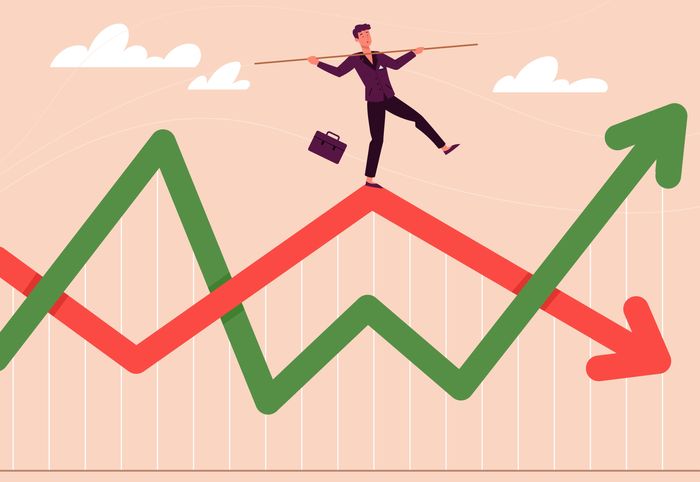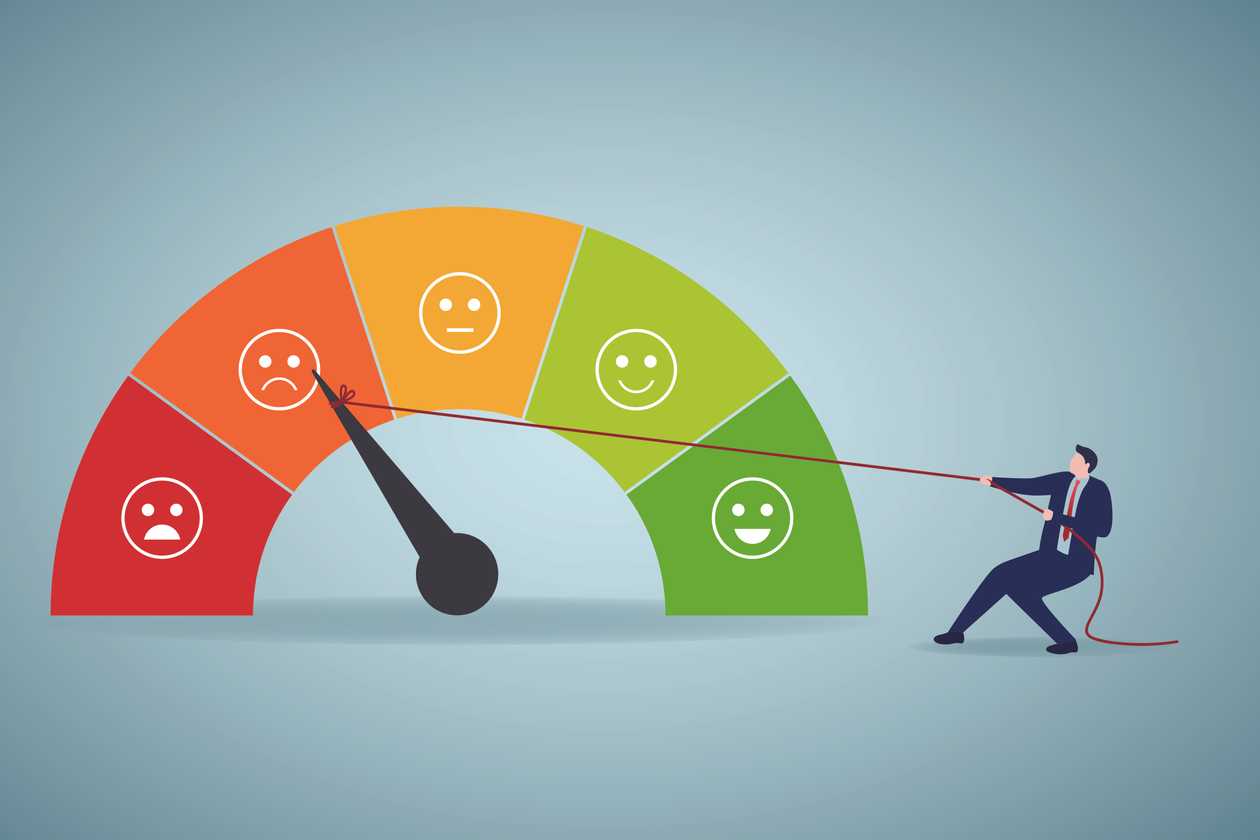Credit cards have become an essential tool for managing finances in the UK.
They not only offer convenience and security but also play a vital role in establishing a solid credit history.
Building a good credit score opens doors to better rates on car loans, mortgages, and other financial tools.
However, responsible credit card usage is crucial to avoid falling into debt traps.
In this article, we will delve into the reasons why you should consider getting a credit card, along with the benefits, risks, and strategies to avoid potential pitfalls.
The Importance of Credit Cards for Building Credit History
Credit cards serve as a stepping stone to establish a positive credit history.
Lenders and financial institutions assess creditworthiness based on an individual’s credit score, which is influenced by factors like payment history, credit utilization, and length of credit history.
By responsibly managing a credit card account, individuals can demonstrate their financial responsibility, reliability, and creditworthiness over time.
This, in turn, improves their credit score and increases the likelihood of qualifying for better interest rates on future loans, mortgages, and other financial endeavors.
Therefore, acquiring a credit card and using it wisely can be an effective strategy to lay the foundation for a strong financial future.
The Pros of Credit Cards
1. Reward Programs:
Credit cards often come with attractive reward programs that allow users to earn various perks such as airline miles, cash back, or redeemable points for goods and services.
By using credit cards for daily expenses and promptly paying off the balances, individuals can maximize these rewards without incurring additional costs.
2. Building Credit History:
Credit card usage contributes to the length of an individual’s credit history, which has a direct impact on their credit score. The longer a credit card account is held, the more beneficial it is for the credit score.
By responsibly managing a credit card, individuals can establish a positive credit history, showcasing their ability to handle credit and fulfill financial obligations.
3. Peace of Mind:
Credit cards provide access to a revolving line of credit, enabling users to make purchases even when funds are not immediately available.
This convenience offers peace of mind in emergencies or unexpected situations, eliminating the need to constantly move money or carry large sums of cash.
The flexibility and accessibility of credit cards can help individuals navigate financial challenges or cover unforeseen expenses.
4. Extra Consumer Protection and Insurance:
In the UK, credit cards offer additional consumer protection through Section 75.
This regulation ensures financial compensation from both the credit card provider and the retailer for purchases between £100 and £30,000 in cases where the product is faulty, not as described, or fails to arrive.
This added safeguard provides reassurance to consumers, as they have recourse for their financial losses in certain situations.
Additionally, credit cards provide protection against the loss or theft of the card.
Unlike losing a wallet filled with cash, reporting a lost credit card promptly and being careful with the PIN can prevent individuals from being liable for any unauthorized transactions.
This layer of security offers peace of mind, minimizing the financial impact of card loss or theft.
Risks of Credit Cards
1. Accumulating Debt:
One of the significant risks associated with credit cards is the potential to accumulate debt.
It is easy to overspend and lose track of expenses, particularly when considering the credit limit as additional available funds.
High-interest rates on credit card balances can quickly lead to mounting debt if balances are not paid off in full each month.
2. High-Interest Rates:
Credit cards often have higher interest rates compared to other types of loans.
Carrying a balance from month to month incurs interest charges that can add up significantly, making it more challenging to pay off the debt.
This is why you should make sure not to carry over your debts into a new month. As soon as you get paid, it crucial to clear off your debts.
3. Negative Impact on Credit Score:
While responsible credit card usage can boost a credit score, mismanagement can have adverse effects.
Late or missed payments, maxing out credit limits, and opening multiple credit card accounts within a short period can lower the credit score.
Maintaining a good payment history and managing credit utilization wisely are essential for preserving and improving creditworthiness.
4. Temptation to Overspend:
Credit cards can create a false sense of purchasing power, leading to impulsive buying habits.
It is vital to exercise self-discipline and avoid overspending beyond one’s means.
Setting a budget and adhering to it can help individuals avoid falling into the trap of accumulating unnecessary debt.
Avoiding Credit Card Traps
To get the most out of credit cards and avoid potential debt traps, follow these guidelines:
1. Choose Wisely:
Before selecting a credit card, do extensive research to find the one that best suits your needs.
Consider factors like interest rates, rewards programs, annual fees, and fringe benefits.
Comparing multiple options ensures you make an informed decision that aligns with your financial goals.
2. Responsible Use:
Treat your credit card like a financial responsibility and pay the balance in full each month.
By doing so, you can avoid accumulating high-interest debt and maintain a healthy credit utilization ratio.
3. Track Your Spending:
Regularly check your credit card statements to keep track of spending.
This practice helps identify fraudulent activity, ensures accuracy, and allows for budget adjustments if necessary.
Conclusion
While there are numerous benefits to purchasing a credit card, it is a decision not to be taken lightly.
Opening a credit card account has long-term consequences, and its responsible management is essential.
By conducting research, making informed decisions and practicing responsible credit card use, people can take advantage of credit cards while protecting their financial future.
Remember, the way you manage your credit card today can have a lasting impact on your financial well-being tomorrow.







